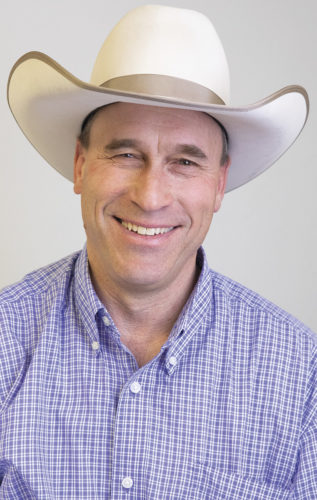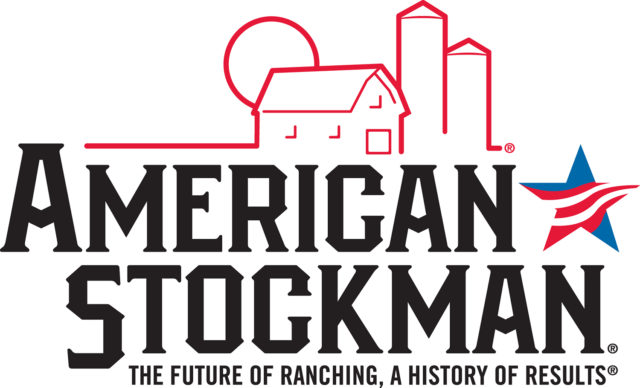The message was from a neighbor. It informed me that one of my cows was on the road across from my house. He was concerned that a car might hit her in the dark. I knew it must be one of two cows that I had just kicked into the hayfield before I left for the ballgame.
This particular cow had obviously escaped over or through the fence and made her way back down the road to where she’d last seen her calf.
I texted a quick “Thank you,” and thought to myself, “I hope nobody drives up the road and hits her.”
During the third quarter of the game, my phone buzzed again. Again, I ignored it. Midway through the fourth quarter, more buzzing, followed by more ignoring. By now I was, at least, curious and, at worst, a little concerned.
When the game ended, I checked my phone again. The texts were from my wife. The first one informed me that, as she was driving home from town, she hit the aforementioned cow. Not to worry, though, she was OK – but there was a new crack in the windshield of the old car and the passenger side mirror was missing.
She didn’t know where the old black cow ended up, but she seemed to be all in one piece as she ran up the road into the cold, black night. The second text informed me that she (my wife) had located the cow and had managed to get her into the heifer pasture.
When I called my wife to get the details, the main theme of our conversation was that this particular little train wreck, as we refer to many of our daily or weekly adventures, could have been a lot worse. It could have been someone else who hit the cow, in which case, we’d have, at the very least, a ticked-off neighbor.
It could have killed or maimed the cow, in which case we’d have, at the very least, a mess to clean up. It could have been a much nicer car than the ’98 Ford Taurus with nearly 300,000 miles on it. Yes, we counted ourselves blessed or, at the very least, pretty darn lucky.
A couple of weeks before the “black cow in the night” incident, I was returning home from a trip to Wheatland, Wyoming, with a trailer full of cows. The trip from southeastern Wyoming to south-central Idaho is a long trip.
There is no way to make it short. I had a lot to do at home, so I had planned on heading west and driving through the night as soon as we could load the cows.
Because we had a little trouble getting the health papers and brand inspections lined up, it was later than I’d hoped, so I decided to head out early the next morning. I embarked well before daylight and made pretty good time, though I cussed my headlights for being so dim in the early morning darkness.
After I stopped for diesel in Rock Springs, I noticed that the pickup didn’t start right up like I thought it should. I didn’t really give it much thought until I stopped to refuel again in Snowville, Utah, about two hours from home.
This time, when I tried to start the pickup, the action I got from the engine when I turned the key was not unlike my monetary contribution to PETA’s request for a donation: absolutely nothing.
The alternator, which I had installed six months earlier, was toast. With the help of a good-hearted waitress and a new $45 set of truck-stop jumper cables, I was able to get the Ford started and rolling toward home.
It was another little train wreck that could have been a lot worse. I could have been driving across Wyoming in the middle of the night with no headlights and no phone signal. It doesn’t take much imagination to see how that trip could have gone.
I’ve decided my view of life’s events is too often like the headlights of a truck with a dead alternator. I seem to recognize how everything could have been worse, which is a backhanded way of being grateful for all the good that surrounds me. It shouldn’t take the near miss of a major train wreck to jumpstart a thankful heart.
If you’re reading this, you are probably somehow involved with cows. If that’s the case, no matter what cloud is over your head today, it could certainly be worse. ![]()







